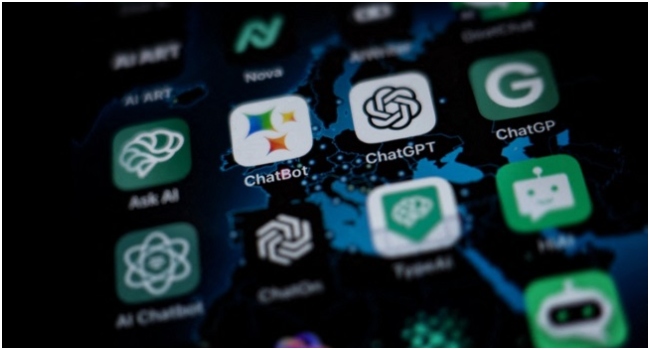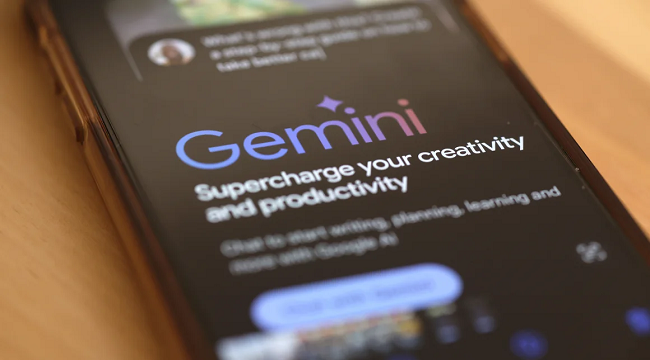Just two decades into the 21st century, technological developments have outstripped those throughout history.
But this should be unsurprising considering constant innovation and more research and development have been poured into technology than ever before.
While almost all technology developed has a meaningful impact on the world in how it changes how we live, some have a more significant effect than others.
Most Impactful Tech Developments Of 21st Century
If you’re eager to discover which of the 21st century’s tech developments have had the most significant impact, this article is for you.
1. Social Media
The world’s first social media website was SixDegrees.com. Launched in 1997, the site amassed a sizable following before folding in 2000 due to users’ waning interest. Friendster quickly filled its void in 2001, followed by Myspace in 2003, but both also failed to perform as viable social media platforms.
Four years into the 21st century, however, everything changed. Facebook, launched by several Harvard students, including Mark Zuckerberg, revolutionised what people thought about social media. Within six years, the platform amassed 500 million users, which grew to 3.05 billion monthly active users in 2024.
Allowing people to interact and engage across distances, Facebook set the new standard for social media. Eager to jump on the bandwagon, many other companies launched their versions, including Twitter (now known as X), Instagram (purchased by Facebook in 2012), TikTok (launched in 2016), and Reddit (a forum-style social media launched in 2005).
With rife competition in the industry, all social media operators have been constantly developing new features to attract users. This has led to a social media craze, with studies showing that 5.17 billion people have social media accounts. While these accounts have helped spread global awareness of issues, shape generational culture, and inspire movements such as the #MeToo campaign, they have also spread misinformation and sown seeds of distrust. As a result, many consider social media a double-edged sword.
2. Smartphones
Nowadays, it is almost impossible to imagine a world without smartphones. These devices, which appeared with the launch of the iPhone in 2007, have become an extension of ourselves and help or accompany us in almost every aspect of our lives.
Following the launch of the iPhone, Google fought back to gain market share with the release of the Android operating system. Both operating systems were clunky initially, particularly Android, which was available on devices not designed or manufactured by Google.
As further testing and development was undertaken, smartphones underwent a remarkable evolution. In 2008, both operating systems launched their app store. The iPhone App Store was officially launched on July 10, followed shortly after by the Android Market on August 28. In 2012, the Android Market changed to the Google Play Store as it is known today.
Smartphones began spreading rapidly, allowing users to stay connected wherever they were, offering more expansive and vivid displays, and constantly evolving with new features. By 2012, more than 91.4 million devices were sold in the US alone. This has expanded, with an estimated 7.1 billion people owning a smartphone as of January 2024, and Africa is expecting to reach 88% penetration in 2030.
3. 5G and Internet Advancements
Cloaked in conspiracy ranging from government spies to the spread of COVID-19, 5G made a significant impact when released in 2019. The fifth generation of wireless technology boasts incredible speeds, low latency, and boosted capacity compared to previous iterations.
While 3G and 4G were also developed in the 21st century, 5G stands out due to the global news and debate it sparked alongside its incredible performance. After banning the use of Chinese 5G components, many countries raced to develop their version of the technology.
Many have achieved this, allowing 5G to open a new world of communication and connection. Offering incredible upload and download speeds that enable people to stream videos and music, browse social media, explore the best online casinos, and access data in a way never before possible, the technology has made surfing the web a dream.
Moreover, the high-speed, low-latency network allows more significant advancement in real-time applications. This has been tested in immersive virtual reality experiences, aiding the knowledge of self-driving cars and even in remote surgery.
4. Blockchain
Introduced in 2008 with the launch of Bitcoin, blockchain technology has been adapted for use in a wide range of industries. As a decentralised ledger, blockchains operate across numerous computers and have multiple users operating on the chain.
Each time information is written to the ledger, it is stored in a tamper-proof block that forms part of its chain (hence the name). This simple structure has created incredibly secure ledgers that have spawned the global crypto boom, been applied to supply chain management, and even used as protection for intellectual property.
5. Artificial Intelligence
Artificial intelligence has made unbelievable leaps in recent years, bringing sci-fi fantasy to life. While the development of AI systems has been continuous since it was first theorised in the 1950s, it has only made genuine headway in the 21st century.
The earliest forms of AI appeared in 2011 in standard forms, such as Siri on iPhone. AI in virtual assistants grew with additional releases like Amazon Alexa in 2014 and Google Assistant in 2016. Each served a purpose but was far from how AI was represented in popular culture, such as Jarvis in Iron Man.
AI technology took a massive leap in 2022 with the launch of OpenAI’s ChatGPT. Capable of having humanlike conversations, the AI chatbot changed how people saw AI. It was quickly adapted for multiple systems, from customer support service desks to social media planning and marketing.
The launch of ChatGPT started a race to develop advanced AI that continues. Companies like Meta (formerly Facebook), Google (creator of Gemini), and even Microsoft have all begun vehement development. This rampant development has led numerous employees, like those from Google DeepMind, to question the morality and ethics of continuing to advance AI and its impact on society.
6. Notable Mentions
Aside from those listed above, the 21st century has been full of numerous other technological developments that have helped reshape the age. Renewable energy has evolved rapidly as the world garners a greater focus on going green, and quantum computing has made leaps toward becoming a workable tech that can help solve some of the world’s most complex problems.
Other innovations include IoT (Internet of Things) devices that have helped create smart homes and cities, cloud computing that has revolutionised digital storage and data access, and biotechnological research that has helped fuse technology with medicine to create mind-blowing results.




